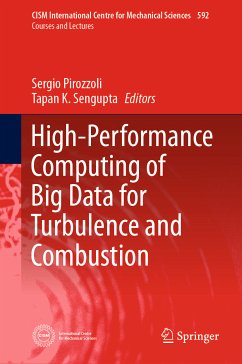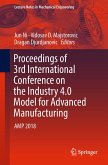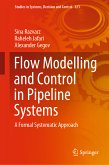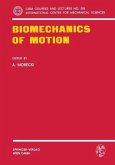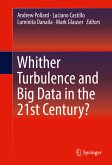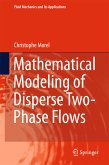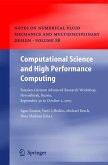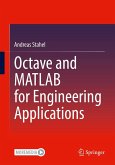This book provides state-of-art information on high-accuracy scientific computing and its future prospects, as applicable to the broad areas of fluid mechanics and combustion, and across all speed regimes. Beginning with the concepts of space-time discretization and dispersion relation in numerical computing, the foundations are laid for the efficient solution of the Navier-Stokes equations, with special reference to prominent approaches such as LES, DES and DNS. The basis of high-accuracy computing is rooted in the concept of stability, dispersion and phase errors, which require the comprehensive analysis of discrete computing by rigorously applying error dynamics. In this context, high-order finite-difference and finite-volume methods are presented. Naturally, the coverage also includes fundamental notions of high-performance computing and advanced concepts on parallel computing, including their implementation in prospective hexascale computers. Moreover, the book seeks to raisethe bar beyond the pedagogical use of high-accuracy computing by addressing more complex physical scenarios, including turbulent combustion. Tools like proper orthogonal decomposition (POD), proper generalized decomposition (PGD), singular value decomposition (SVD), recursive POD, and high-order SVD in multi-parameter spaces are presented. Special attention is paid to bivariate and multivariate datasets in connection with various canonical flow and heat transfer cases. The book mainly addresses the needs of researchers and doctoral students in mechanical engineering, aerospace engineering, and all applied disciplines including applied mathematics, offering these readers a unique resource.
Dieser Download kann aus rechtlichen Gründen nur mit Rechnungsadresse in A, B, BG, CY, CZ, D, DK, EW, E, FIN, F, GR, HR, H, IRL, I, LT, L, LR, M, NL, PL, P, R, S, SLO, SK ausgeliefert werden.
Hinweis: Dieser Artikel kann nur an eine deutsche Lieferadresse ausgeliefert werden.

